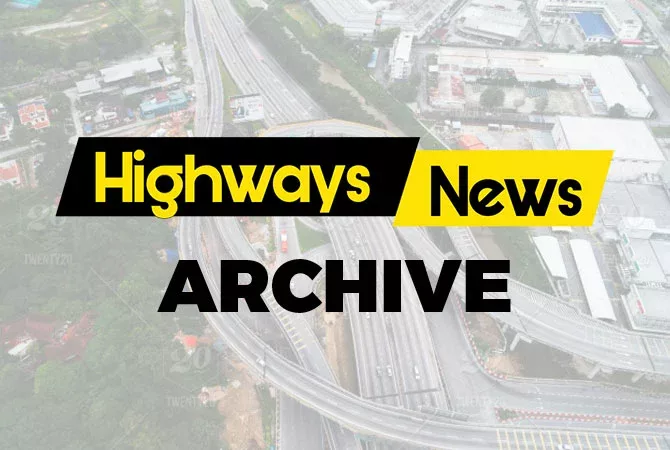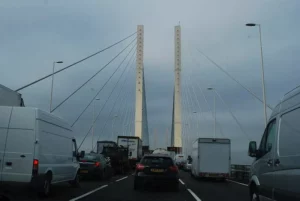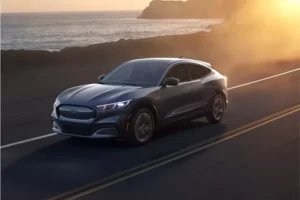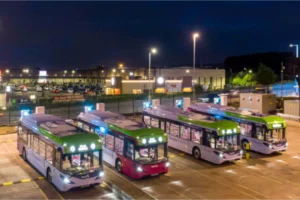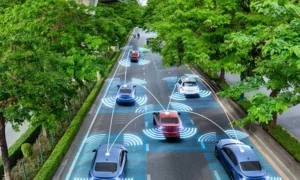More funding is needed specifically to address the problems of bridge strikes on the network, allowing road and rail operators access to the latest technology and to increase awareness.
Bridge strikes could be prevented if drivers of over-height vehicles such as buses and lorries were to have access to real-time information on bridge heights on their chosen routes as well as detection systems to help warm them if they were diverted for any reason.
The comments come from Richard Bevins, Managing Director of safety specialists Coeval, who said the search for new technology to help prevent more strikes is vital if the amount of bridges hit every year is to significantly reduce.
Last week saw three bridge strikes in one week, including one in Winchester where three children were seriously injured after a bus roof was torn off as it hit a bridge. According to local news reports 12 more children were injured in the incident and a dozen more hurt after a double-decker school bus crashed into a bridge in Hampshire. The roof of the vehicle was ripped off after it hit a bridge on Well House Lane in Winchester while taking students to school at around 8am in the morning.
Less than 24 hours later, another bus was left with its roof ripped off after crashing into a city centre bridge. The double-decker collided with an arch in Frogmore Street, Bristol, at around 4.30pm but no passengers were on-board. A few days earlier, a Cambridgeshire rail bridge was hit by a lorry causing ‘extensive damage’ to the bridge in Coldhams Lane, Cambridge.
Ellie Burrows, Network Rail’s route director for Anglia, said: “Our engineers have worked quickly through the night to reopen the line as soon as possible, but this whole incident could have been avoided. Drivers need to know the height of their vehicle. Bridge strikes cost taxpayers millions of pounds and cause delays to tens of thousands of rail passengers every year.”
Mr Bevins said: “It is upsetting to hear about these bridge strikes especially the ones where people have been hurt in any way and sadly they are becoming a more frequent occurrence, compromising safety and costing several million pounds a year. Coeval is committed to developing technology that can help with this.”
Bridge strikes are a costly problem for the railway and can cause delays to train services and on the road network while damage is repaired. Most of the vehicles that hit railway bridges are Heavy Goods Vehicles (HGVs) and buses, at a cost of around £13,000 per strike –costing the UK taxpayer around £23m a year, according to Network Rail. The organisation has a campaign, Wiseupsizeup, to bring awareness to bridge strikes.
According to Network Rail, in 2019/20 there were 1720 bridge strikes that were reported a reduction of 11.3% from the previous year but still amounting to five every day.
Coeval’s, Overhead Vehicle Detection (OVD) systems can alert drivers to a low bridge ahead and warn them that they are too tall to pass under it. It can also collect data in relation to the number of triggers and help to identify if there is a wider issue that needs investigating further.



